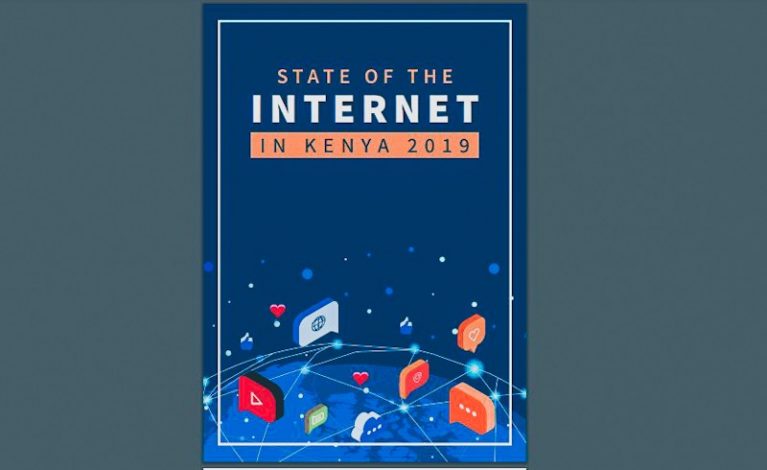The year 2019 will go down for the Kenyan online community as a year that was ‘relatively good’ in comparison to global decline on the internet freedoms, said the Bloggers Association.
Globally, digital authoritarianism continued to rise with more countries adopting tools and measures for censorship and surveillance of internet users within their borders.
“Even with these events taking place on the global stage, 2019 was a relatively good year for the online space in Kenya,” said Kennedy Kachwanya, Bloggers Association of Kenya, Chairman during the launch of the State of the Internet in Kenya Report 2019 on Tuesday.
“This can be attributed to the fact that there were markedly fewer arrests and constitutional challenges to laws which may demonstrate a deceleration in the momentum witnessed in previous years of the onslaught on internet rights and freedoms.”
The report documents trends in digital rights in Kenya, legislation affecting digital rights, online human rights violations, legislation, court cases, the state of blogging in Kenya and emerging technologies.
According to Kachwanya, in 2019, Kenya made great strides on the policy front with the passage of key guiding documents such as the ICT Policy, the Digital Economy Blueprint, the National Broadband Strategy, and the ‘Blockchain and AI’ Taskforce Report.
The state of the digital or online space was positively influenced by the enactment of two critical laws, namely the Data Protection Act and the Copyright (Amendment) Act in November and September respectively.
“Such policies and frameworks are necessary where a country seeks to transform its overall digital economic outlook,” reads part of the report.
Consequently, the association said there were attempts to re-introduce retrogressive Bills that had been resisted and criticized in the past.
Such bills include the Kenya Information and Communication (Amendment) Bill also known as the social media Bill which sought to regulate the use of social platforms and messaging applications; as well as the ICT Practitioners Bill which attempted to introduce broad registration and licensing requirements.
“In 2019, BAKE spend much of its time in court challenging the Computer Misuse and CyberCrimes Act. Initially, initially, we won but lost,” said Kachwanya.
“We have spent a lot of time in court doing litigations, but it wouldn’t be so if we had good laws,” added James Wamathai, Director, Partnerships at BAKE.
The report calls upon the government to take the necessary steps to ensure that there is freedom of the press and freedom of expression and should refrain from the harassment of journalists and bloggers.
In addition, it says the challenge of the digital divide persists.
“The majority of non-Internet users in Kenya are people who live in rural areas (84%) and who are mostly female (58%). This should be addressed by ensuring the Universal Service Fund (USF) is distributed where needed.”
READ




